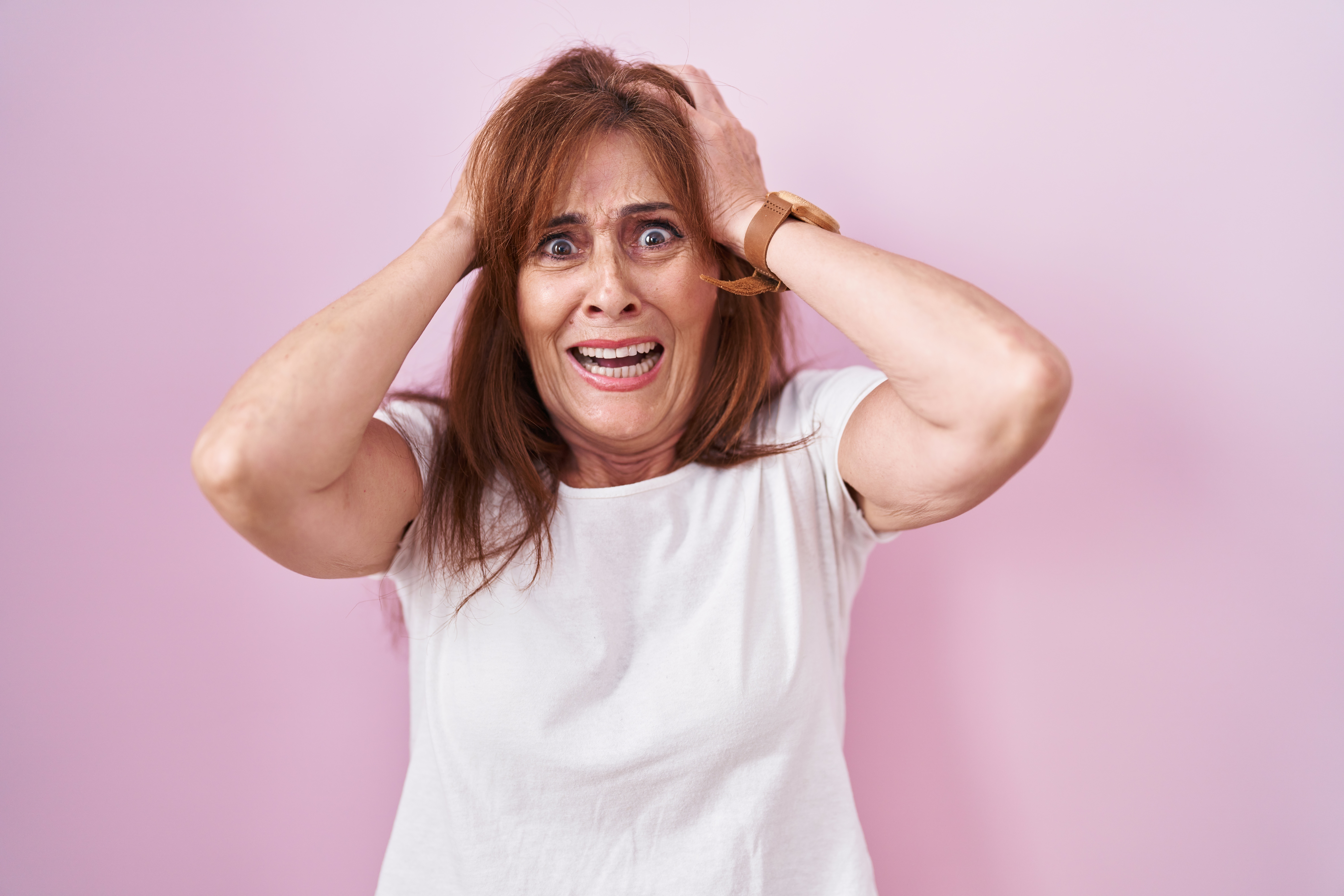Are Black People Criminals?
While you can find many pundits and shock-peddlers asking questions like “Why are Black people criminals?” these kinds of racial stereotypes are causing harm across the country. Correcting the concept that black men are more likely to commit crimes than people from other ethnic groups could prevent hundreds of unfair arrests, prosecutions, and guilty sentences each year. There’s plenty of research proving that Black people have long been stereotyped as criminals, along with proof of the harm that comes from this kind of blatant racial stereotyping that a positive mental attitude just can’t overcome.
Why Are Black People Criminals or Perceived As Criminals?
The stereotype linking Black people and criminal behavior, at least in America, dates back to the era of slavery. During that period, even basic attempts to have any control over their own lives led to enslaved Black people being treated as criminals. Even though emancipation ended outright slavery, those deep-rooted stereotypes continue to affect millions of people today despite the best efforts of many humanitarian groups.
During the Civil Rights movement, even government agencies like the CIA and FBI helped perpetuate this stereotype to justify their actions against peaceful activists. This is an example of racial bias that is codified into the justice system of the U.S. to the point where even the statistics are skewed by targeted arrests and sentencing decisions.
Systemic Disenfranchisement
The criminal stereotype is rooted in long-term and systemic disenfranchisement, especially for Black men. Young Black men are often automatically treated as criminals no matter the situation, often to fatal consequences for innocent individuals. This has led to protests from the 1960s to the present. In addition to being framed as criminals, Black people in the U.S. have struggled with housing discrimination, racial wage gaps, lack of access to quality health care, and many other issues that influence crime rates and are worsened by incarceration.
Crime Statistics and Ethnicity: What Do the Numbers Say?
By the raw numbers alone reported by the FBI, nearly 70% of all individuals arrested in 2019 were White. Only 26% were Black. Of course, many people argue that Black people commit more crimes per capita because they only make up 12% of the population. That is true, but there are many reasons to believe that it has more to do with biased arrests and sentences than actual crime rates.
For example, there’s clear evidence that having a greater proportion of Black residents in a city or area doesn’t correlate to higher crime rates. There is also the consideration that Black Americans are more likely to live in poverty and lack opportunities than their counterparts from other ethnicities. Yet this has led to negative stereotypes framing black people as bad despite the fact they have little control over how others treat them.
Ethnic Stereotypes and Systemic Racism
Proof of Bias
There is bias evident in the criminal justice system when you compare details such as the punishments required for specific types of illegal drugs. Numerous studies have noted that drugs more widely used by Black people have much steeper prison sentences than those favored by White people. That kind of tiny detail can lead to thousands of extra years served in jail when you have a population of millions of people.
Another form of evidence that shows that Black people are treated in a biased way by the justice system involves self-reported studies on crime. These studies allow people to anonymously admit their criminal behavior without reprisal, encouraging honesty. When you compare juveniles and adults from various ethnic backgrounds, there’s no specific link between higher rates of crime and any race. These studies are considered a better measurement of actual crime rates than arrest or imprisonment records due to the potential for bias at multiple points in the process.
Beyond self-reporting studies, there are even psychological tests showing that police officers are faster at identifying crime-related images after being shown photos of Black faces. That indicates a deep unconscious bias towards linking Black people and crime, even in police officers who might be Black themselves.
The Harm That Comes from Asking “Why Are Black People Criminals?”
Nearly one in every three Black men in the U.S. over the age of 18 has had some kind of contact with the criminal justice system. Even though Black Americans use cannabis at the same frequency as people of other races, they’re more likely than any other ethnic group to end up jailed for it. Constantly feeling stereotyped and targeted by the justice system can cause some people to feel like it’s pointless to avoid crime or leave them being mistreated despite being a victim. Addressing the real-world consequences of the stereotype that black people are criminals has the potential to improve millions of lives while addressing deep-seated imbalances that are creating animosity in American culture.
Visit SpreadLove.org to join our movement of love and respect regardless of race, gender, and more.






